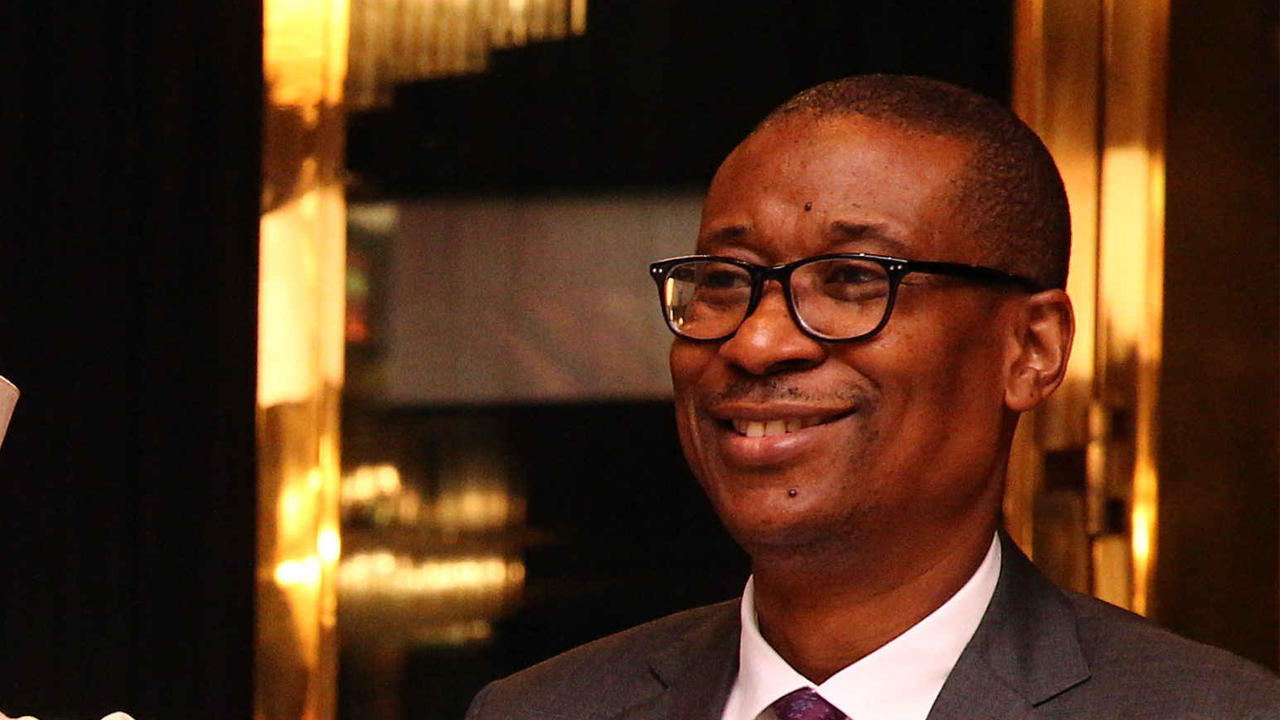- Reps put N26bn industry ministry’s budget on hold
The House of Representatives Committee on Commerce on Thursday put on hold the defence of the 2018 budget proposal of the Ministry of Industry, Trade and Investment.
The primary reason was the failure of the Minister of the Ministry of Industry, Trade and Investment, Dr.Okechukwu Enelamah, to personally attend the budget defence session before the committee at the National Assembly in Abuja.
Enelamah sent a message that he was out of the country.
The ministry’s budget for 2017 was N21.5bn. The lion’s share of N19.1bn was appropriated for capital projects.
However, as of Thursday, lawmakers were informed that only N3bn or 16 per cent had been released so far, leaving the huge balance of N16.1bn yet to be released.
The committee, which is chaired by a member from Ebonyi State, Mr. Sylvester Ogbaga, had invited Enelamah to explain the performance of the budget.
This was meant to be done before the commencement of his defence of the budget proposals for 2018, but he was absent.
Enelamah has asked the Minister of State, Mrs. Aisha Abubakar, to appear before the committee.
Although, lawmakers allowed her to read a speech containing the proposals for 2018, no further actions were taken on the budget.
Members resolved to put the budget on hold pending when Enelamah would be “less busy” to appear before the committee.
The committee explained that the minister was the head of the ministry and must be the one to answer all the questions relating to the 2018 proposals.
From the total of N21.5bn appropriated in 2017, the total budget proposals for 2018 were raised to N26.1bn.
In the new proposals, allocations to capital projects were increased to N23bn from the N19.1bn budgeted in 2017.
Members observed that in seven months, the performance for capital releases in 2017 was 16 per cent.
They noted that this raised questions on why the budget size was increased when the budgeted funds for the 2017 had yet to be released.
Members also expressed displeasure over the conduct of the two ministers, whom they accused of ignoring many invitations by the committee to appear and explain the government’s policies to the people.
After Abubakar ended her presentation of the estimates, Ogbaga asked her to leave to attend to other official matters because the committee would not touch the budget until Enelamah was ready to appear in person.
He stated, “After your presentation, that will be all. You may go. You are very busy in the office. Tell the minister that we are here at the National Assembly. We are ready to work.
“If he is out of the country, any time that he is in the country and ready to come and defend the budget, he should communicate to us.
“We will not fix the date; let him contact the secretariat of the committee to fix a date that is convenient to him.”
Members were generally unhappy over what they perceived to be the unwillingness of top officials in the executive arm to work speedily on the 2018 budget proposal.
“The same executive has been mounting pressure on us to pass the budget in haste.
“Here we are. We are ready to work. If members are ready, we don’t see why the ministers will be the ones who are not ready”, Ogbaga added.
Abubakar apologised to the lawmakers for the absence of Enelamah and the inability of the top officials of the ministry to honour previous invitations.
However, she said the problem was mostly caused by short notices given by the committee to the ministry.
She said, “What we did was to try and send representations because of the short notices. But I promise the committee that from 2018, there will be a change in this regard. We will work more together with the committee and the House.
“We have never given the impression that the ministry can work alone without the Senate or the House.”
The budget was later stepped down.

 Forex2 weeks ago
Forex2 weeks ago


 Naira2 weeks ago
Naira2 weeks ago
 Naira4 weeks ago
Naira4 weeks ago
 Company News4 weeks ago
Company News4 weeks ago
 Billionaire Watch1 week ago
Billionaire Watch1 week ago




 Naira2 weeks ago
Naira2 weeks ago




 Naira4 weeks ago
Naira4 weeks ago




 Naira1 week ago
Naira1 week ago






















